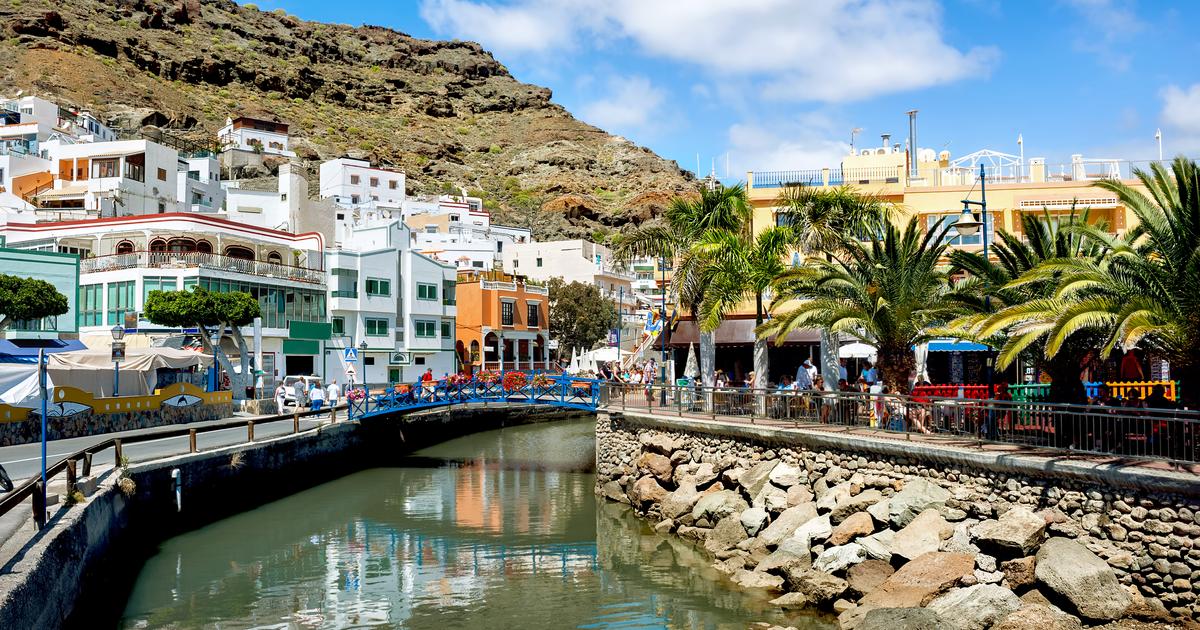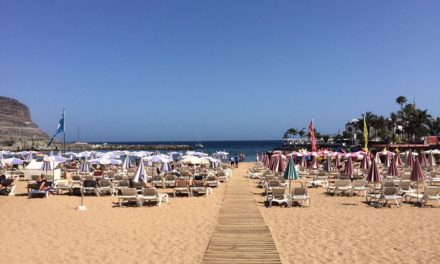The new Tourism Minister of the Government of the Canary Islands, Jessica de León, has tried to set a clear objective for her first term: to regulate holiday homes and address the distortions they are causing in the archipelago. These issues bear similarities to those occurring in other cities in Spain and around the world, prompting the need for measures to be taken. For instance, in New York, there’s a requirement that the property cannot be entirely rented to guests, and the owners must coexist with them. This aligns with the original intent of vacation formulas like AirBnB, among others, and the concept of collaborative economy.
 In the case of the Canary Islands, the problems being addressed with the new regulation aim to put an end to “gentrification and touristic transformation” occurring in numerous population centres, which is a result of the “exponential increase in the change of residential properties to tourist properties.” This is outlined in a report for the prior public consultation regarding the regulation of public housing use through legislation.
In the case of the Canary Islands, the problems being addressed with the new regulation aim to put an end to “gentrification and touristic transformation” occurring in numerous population centres, which is a result of the “exponential increase in the change of residential properties to tourist properties.” This is outlined in a report for the prior public consultation regarding the regulation of public housing use through legislation.Currently, there are 47,051 registered tourist accommodations in the islands offering 195,532 available spaces. In just the past two years, an additional 9,000 have been registered, and this phenomenon is on the rise. The transformation of residential areas into tourism zones is leading, according to the Government of the Canary Islands’ report, to “tourismphobia,” which is in a significant development phase in many population centres where the resident population feels displaced and marginalised due to the proliferation of vacation properties.
The extensive proliferation of tourist accommodations, now constituting 33% of the lodgings offered in the Canary Islands, is viewed by the government as running counter to the “radical limitation” of the growth of the island’s tourist infrastructure, which has been restricted by a moratorium since 2001. The report indicates that the moratorium sought to largely maintain “zero growth” in the tourist infrastructure to allow new establishments in accordance with tourism regulations. It underscores the need to set limits on the tourist use of properties.
 Furthermore, as stated in the report, the widespread implementation of vacation rentals has occurred not only outside but also in opposition to urban and territorial planning, “distorting and undermining the democratically approved urban development model and completely lacking in tourism planning.” According to the Government of the Canary Islands, its proliferation is jeopardising the immediate future of employment, taxation, competitiveness, and the quality of the tourism sector in the Canary Islands.
Furthermore, as stated in the report, the widespread implementation of vacation rentals has occurred not only outside but also in opposition to urban and territorial planning, “distorting and undermining the democratically approved urban development model and completely lacking in tourism planning.” According to the Government of the Canary Islands, its proliferation is jeopardising the immediate future of employment, taxation, competitiveness, and the quality of the tourism sector in the Canary Islands.
The problems stemming from vacation rentals don’t end here, as highlighted in the report. Another consequence of its proliferation and the displacement of the resident population from traditional areas, particularly those close to tourist activities, is that workers increasingly have to live further away from their workplaces. This raises transportation needs and consequently, increases the carbon footprint due to the proliferation of emissions from travel.
Finally, the report points to another “collateral effect,” which is that the proliferation of vacation rentals affects, and is detrimental to, the constitutional right to decent and adequate housing. “This perspective must be very present when public authorities make decisions,” the report states, emphasising that tourist apartments lead to a scarcity of rental housing options “and the consequent inability to find suitable accommodation for the permanent residence of all those who wish to pursue occupation or employment in the tourism sector.”
The Canarian Vacation Rental Association (Ascav) has been rejecting all these arguments, asserting that they are not responsible for the housing shortage, and that the administration should focus on creating incentives for the operation and use of the more than 211,000 vacant properties in the islands.













